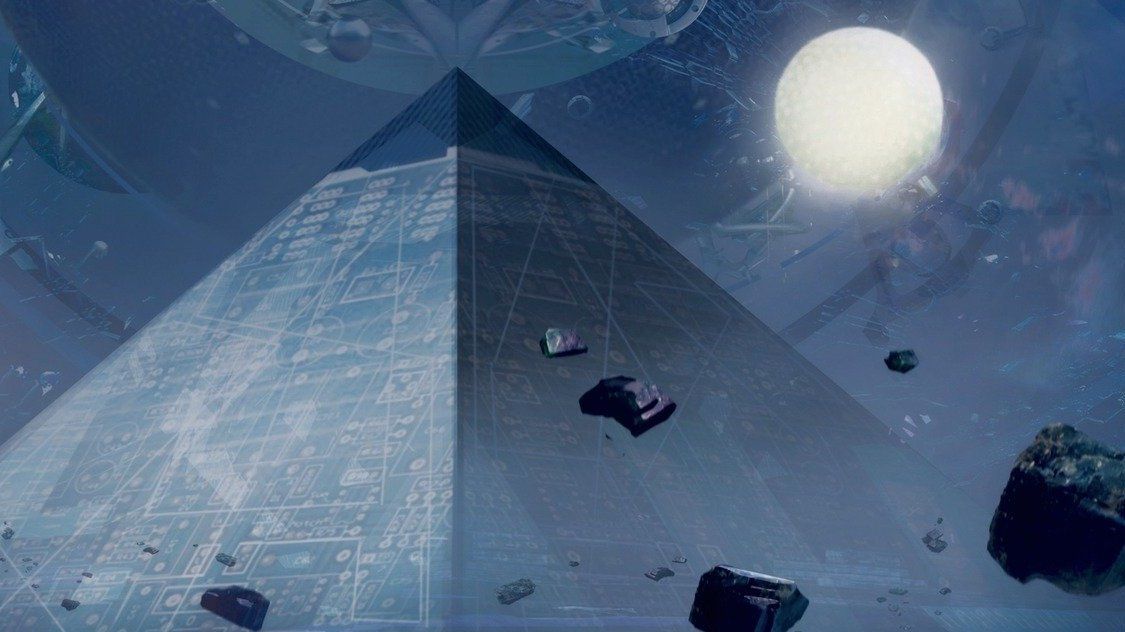
I just finished Cixin Liu’s Three Body Problem, the winner of the Hugo Prize in 2015. Liu is one of the most popular and prolific authors of science fiction in China, and this book is one of the first of his works to be translated into English.
I will try to avoid spoilers, since mystery is really one of the driving plot points of the novel.
Liu addresses a variety of themes, although thankfully never meditates too long on any one of them. Perhaps the structural theme of the novel is the juxtaposition of the micro versus the macro. The novel begins with vignettes from the Cultural Revolution involving one of the main characters, Ye Wenjie. We witness Ye’s struggle with the chaos of that conflict in just the first few pages, seeing clearly how small yet brutal our politics can become.
Ye is also an astrophysicist though, and so even though she has faced these horrific challenges very early in her life, she also works with the stars and the wider question of what humanity’s place is in the cosmos. This theme plays out across the novel, and Liu carefully expands our field of vision so that the politics of the Cultural Revolution seem distant, albeit still echo in our minds. That transition is really quite brilliantly done, and represents the craft of science fiction at its absolute best.
Liu is known as a more “hard” science fiction writer, and there is definitely detailed discussions of mathematical theories and fundamental physics that certainly has the feel of a Neal Stephenson novel (albeit with better editing). Those theories play a pivotal role in the plot, and so it is nice to see this sort of deep science research that isn’t just for flavor but actually provides structure and interest to the work.
That said, I found Three Body Problem a little bit unwieldy and fantastic by the end of the plot. What in the first 200 pages was a really taut and interesting story becomes quite a bit unbound by the end, and in the final few pages I was experiencing a lot of “oh come on” moments. Maybe the science that underpins those pages is actually real, but I couldn’t help but feel that at some point we moved to technobabble, particularly against the early parts of the work where the science is much more judiciously placed.
The book does have a definite ending, which for a trilogy is nice. Interestingly, I have no idea what the next two books are going to cover — there really is no foreshadowing in my mind of what is to come. It reminds me a bit obliquely of the Hunger Games in that the first work can really just standalone (and at least some would argue really should have just stood alone). I am of mixed feeling of whether I will read the other books in the series right now.
So in short, I enjoyed the novel, and can definitely see why it won the Hugo — it’s original and a great story with themes that are uncommon in science fiction. But it didn’t necessarily leave me hungry to read more into this universe.
Photo is marketing art for Three Body Problem used under fair use.